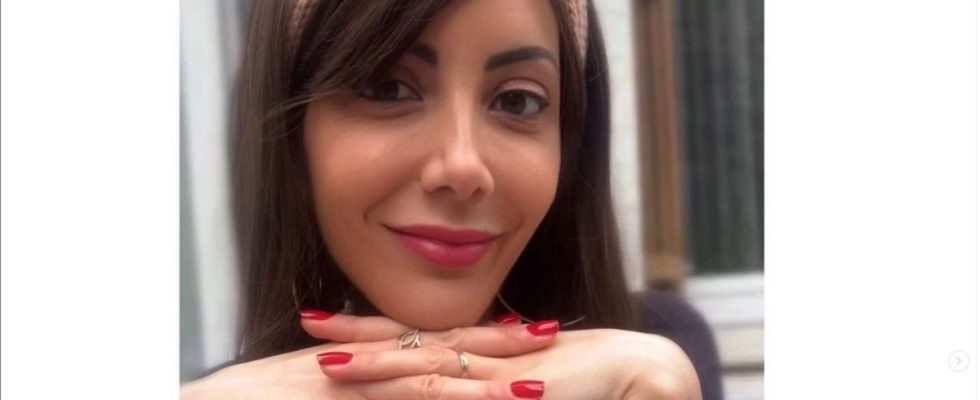Published on
Updated
Reading 3 mins.
BFMTV weather presenter Virgilia Hess has resumed her chemotherapy sessions. The young woman had discovered her breast cancer while she was pregnant. To raise awareness about these rare cases, she testifies to her fight after giving birth to her little girl.
Only a few months into her pregnancy, Virgilia Hess learned that she had HER2 positive breast cancer. Dark news, which she has chosen to share with her community, in order, she says, “to raise awareness”. She continues her fight today after giving birth in March to a little girl.
Cancer detected “thanks to pregnancy”
In February 2023, Virgilia Hess announced on Instagram.
“Summer 2022, 32 years old, I learned that I was going to be a mom for next spring, my life was going to change! This finally changed earlier than expected, a month ago, when I learned that I had HER2 positive breast cancer. A baby and cancer… I carried both life and disease. Two completely contradictory things…“, reveals the presenter.
It was thanks to her pregnancy that the cancer was detected: a HER2 positive breast cancer, more aggressive and more likely to spread than a HER2 negative breast cancer. Quickly, she wanted to testify to her fight to raise awareness and not to arouse the “pity” or the “compassion” of the viewers.
On March 8, weather presenter Virgilia Hess announced on Twitter that she had become a mother on March 6, 2023. Since then, the BFMTV weather reporter has continued chemotherapy. She confided to suffer from side effects, with each of her chemotherapy. As for her daughter, soon to be two months old, she turns out to be in perfect health.
She speaks again about her illness via her Instagram account: “I had recently given this bloody cancer a little respite (well just a little, because I still bothered him this summer with the partial mastectomy and two injections of herceptin). But my supposed last chemo dates back two months already and as of tomorrow, Tuesday September 5, we are attacking the beast again.
She even details the next step in her treatment.
“It wasn’t really planned, but since this 🦀 is obviously still there, here we go again…! I’m going to have 14 cycles of chemo every 3 weeks, so until the beginning of June 2024. After the EC chemo cures and taxotere, my new ally’s name is Kadcyla, and she better smash it!”.
This treatment is used to treat HER2-positive breast cancer that has come back or continued to grow after being treated with other drugs. It is also used after surgery to treat HER-2 gene-related breast cancer in its early stages.
Pregnancy and breast cancer: what treatment?
Dr. Florence Coussy, gynecologist and oncologist at the Institut Curie, told us about the particularities of the management of cancers discovered during pregnancy. First important point: cancers diagnosed during pregnancy “are relatively infrequent“, specifies Dr. Coussy.
In France, it is estimated that there is approximately 1 breast cancer for every 3,000 pregnancies, which would represent 200 to 300 cases per year.
Another good news: in the vast majority of cases, cancers are treated optimally.
“Pregnant women with breast cancer receive exactly the same doses of chemotherapy as the others. The only difference is that this treatment cannot be done at the start of pregnancy, because it is a source of fetal malformations. We must therefore wait until the second trimester to start chemotherapy”, specifies the gynecological oncologist. “Surgery can be considered at all stages of pregnancy. The only case that proves to be complex is when the cancer is not operable, and chemotherapy cannot be performed at the start of the pregnancy. pregnancy. In this situation, in order not to endanger the mother, termination of pregnancy is considered.”
As for radiotherapy, it is to be avoided throughout pregnancy – and is only prescribed after delivery.
“In the specific case of this woman, suffering from HER2 positive breast cancer, surgery and chemotherapy remain the indicated treatments. Nevertheless, trastuzumab, a monoclonal antibody specific to HR2, cannot be administered because it can cause abnormalities of the fetus. It will therefore be necessary to start this treatment after childbirth”, underlines the expert. “The baby and the mother are also the subject of multidisciplinary care. The oncologist and the obstetrician work hand in hand, and these women – like their companions – are very well accompanied psychologically”.
